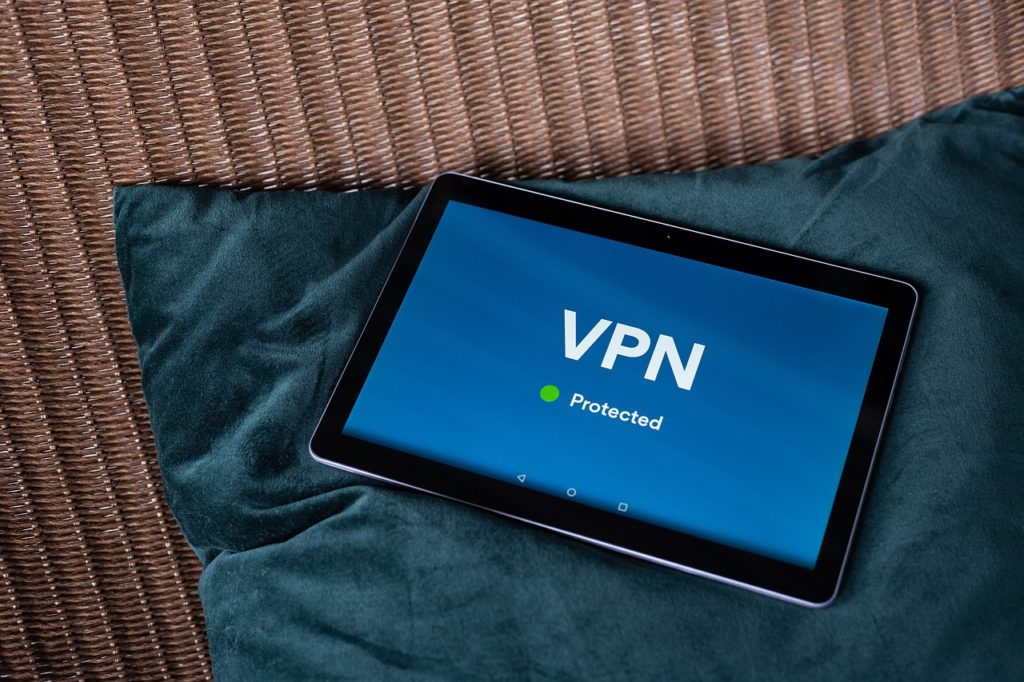Virtual Private Networks have been gaining popularity for many years now. Countries which have always enjoyed widespread internet access have begun adopting a VPN service steadily as understanding of the importance of online anonymity, and data security has increased, and become a focal point in many discussions and news reports. Other countries, which are only recently gaining access to the internet in every day life, have caught on to this important aspect of online safety thanks to the experiences of already connected countries, and world news discussion.

With internet access becoming available in more geographic locations than ever before, the utilisation of Virtual Private Networks is following suit, here’s a brief overview of the top countries for VPN usage.
Indonesia
According to research by Best VPN, 38% of Indonesian residents use a VPN, this is the highest in the world, ahead of Turkey.
Turkey
Approximately 58% of Turkish households nationwide have access to the internet as standard at the time of this writing. Of that 58%, 32% of users are accessing the internet through the use of a VPN. The reasons for doing so comes down to control over information from the Turkish government. Many websites and social media networks are restricted or blocked entirely, and so Turkish citizens rely heavily on the use of Virtual Private Networks to gain access to information deemed harmful by their leaders.
China
It may come as no surprise to readers that Chinas use of VPN services comes in direct response to nationwide censorship of the internet and a high level of governmental control. Currently, the amount of domestic VPN usage sits at around 31% of all connected homes and devices. This number may be set to drop in 2019 as the government puts new strategies in place to block access to Virtual Private Network sites and applications in an effort to regain control over information flow.
Malaysia
Bucking the trend of circumventing government censorship and information control, 29% of Malaysia’s citizens use VPN services regularly due to digital entertainment restrictions. Often, the use of Virtual Private Networks in this instance do not come in response to governmental control, but simply due to media distribution laws worldwide. A VPN can access content restricted to certain countries such as content provided by Netflix, Hulu, and Amazon, being exclusively available in the US or UK.
Brazil
Following Malaysia’s most common reasons for browsing the internet through a VPN, Brazil finds approximately 26% of its internet users accessing media content through a Virtual Private Network. While the bulk of this usage will come down to the distribution laws mentioned previously, Brazil also finds itself at the mercy of content control from its government.
Vietnam
Finally, VPN usage in Vietnam is overwhelmingly aligned with access to better digital media access. Of the 25% of all internet users browsing through use of a Virtual Private Network, over 60% of them are doing so to enjoy media and streaming services unavailable in their country. For the sake of interest, this equates to almost 15 million internet users using a Virtual Private Network for entertainment access which they normally could not be able to enjoy.
